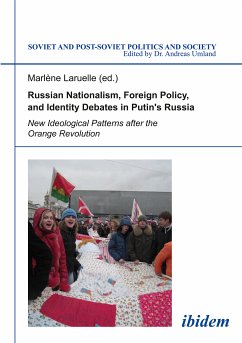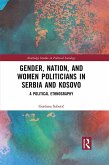The contributors to this book discuss the new conjunctions that have emerged between foreign policy events and politicized expressions of Russian nationalism since 2005. The 2008 war with Georgia, as well as conflicts with Ukraine and other East European countries over the memory of the Soviet Union, and the Russian interpretation of the 2005 French riots have all contributed to reinforcing narratives of Russia as a fortress surrounded by aggressive forces, in the West and CIS. This narrative has found support not only in state structures, but also within the larger public. It has been especially salient for some nationalist youth movements, including both pro-Kremlin organizations, such as "Nashi," and extra-systemic groups, such as those of the skinheads. These various actors each have their own specific agendas; they employ different modes of public action, and receive unequal recognition from other segments of society. Yet many of them expose a reading of certain foreign policy events which is roughly similar to that of various state structures. These and related phenomena are analyzed, interpreted and contextualized in papers by Luke March, Igor Torbakov, Jussi Lassila, Marlène Laruelle, and Lukasz Jurczyszyn.
Dieser Download kann aus rechtlichen Gründen nur mit Rechnungsadresse in A, B, BG, CY, CZ, D, DK, EW, E, FIN, F, GR, HR, H, IRL, I, LT, L, LR, M, NL, PL, P, R, S, SLO, SK ausgeliefert werden.









